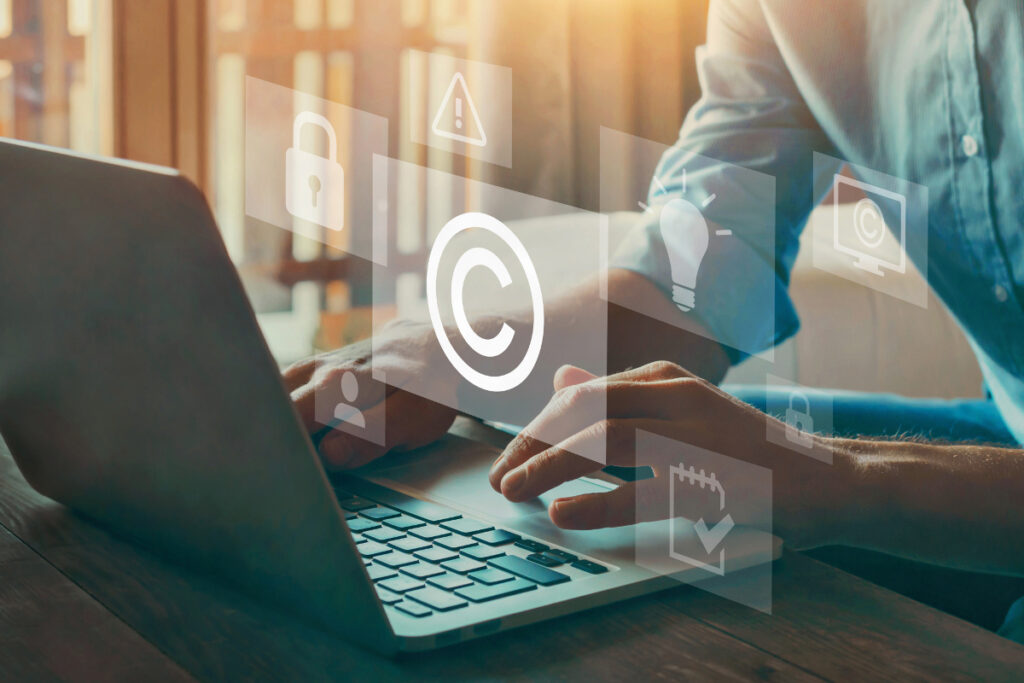In a serious blow to AI image generator users, the United States Copyright Office (USCO) has reversed a decision it made last September regarding whether AI-generated artwork enjoyed the same copyright protection as human-generated art. The copyright office maintains that AI artwork generated by Midjourney and other text-to-image software is not protected by copyright law, as they are not created by humans.
Graphic Novel Loses Full Copyright Protection Due to AI-Created Images
The graphic novel, Zarya Of The Dawn, was written by Kristina Kashtanova. The book’s imagery was created by an AI image generator, which is machine-learning software that creates images based on the user’s written text prompts. The author then arranges these AI images on the book’s pages. The entire graphic novel was registered as intellectual property and was granted copyright by the USCO. Their decision reignited the debate over whether AI-created digital artwork was protected by copyright law.
The USCO, however, pulled the book’s copyright certificate, issuing an amendment that excludes those AI-generated images. Officials determined that while the book’s content and arrangement of images are Kashtoanova’s intellectual property, eligible for copyright protection, the computer-generated images are not.
The Argument Against Copyright Protection for AI-Generated Art
The USCO states that the pictures contained in the graphic novel’s frames, which were made using Midjourney AI technology, are not copyright protected because they were not created by a human. The absence of “human authorship” is what drove their decision to only grant copyright protection to what Kashtanova herself created. They explained that the author’s original application did not state that Midjourney software was used to create the images, and they only discovered this through social media posts which led them to investigate.
Where the USCO Decision Stands
The author’s lawyer maintains that Midjourney is a tool that assists artists in the creation of intellectual property, and therefore the artwork should be copyrighted. The U.S. Copyright Office disagreed and pointed to a Supreme Court decision, which states that only photographs taken by a human-controlled camera can be copyrighted. They went on to say that an AI image generator is not a tool that the artist has full control over, such as Photoshop. Images are generated unpredictably, which means that the user is not the author of the resulting image and therefore is not the artwork’s copyright owner. Kashtanova’s lawyer responded that while they were pleased that the composition and arrangement of the text and AI images could be copyrighted, they were disappointed by the copyright’s limitations and would be challenging the USCO’s decision.

